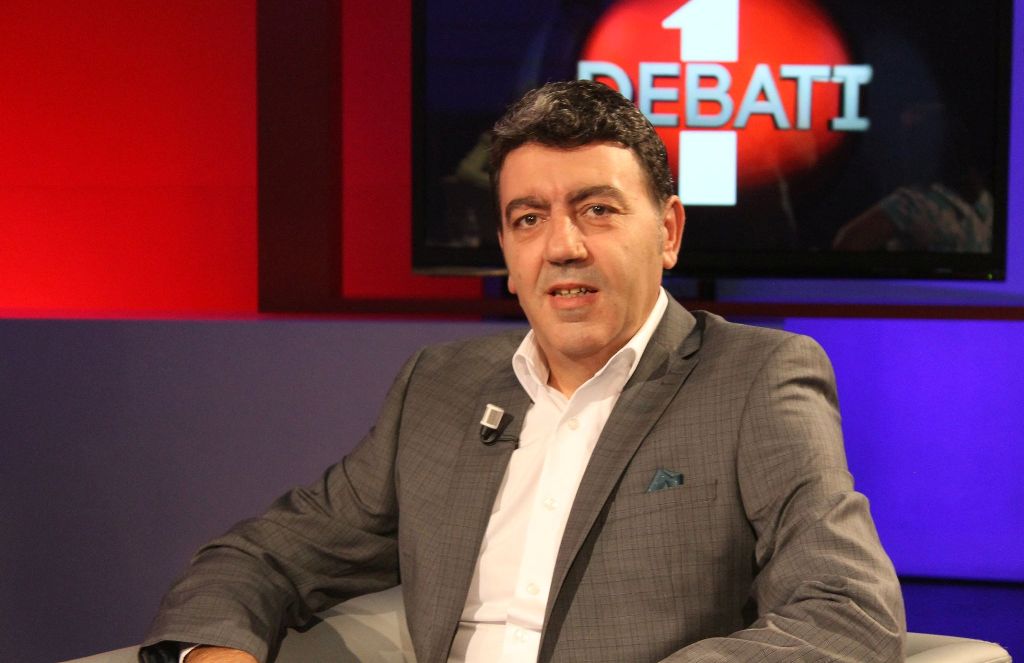
By Plator Nesturi
June elections are at risk, not just because the opposition has declared that it will not enter the elections without the formation of a technocrat government, but also because the deadline for political parties to register at the Central Election Commission will soon expire. The last date is April 4 and so far, only the majority parties have registered with the commission. Meanwhile, parliament has no time to make the necessary amendments in the Electoral Code, amendments which have been requested by both the majority and opposition.
The mandate for the parliamentary committee on the electoral reform expired this month and parliament extended it for another 30 days, but at a time when the opposition is boycotting parliament, this entire process is on the brink of failing. On its part, the opposition initially declared that it will not participate in the elections, unless a technocrat government is formed to guarantee the freedom of vote. Prime Minister Rama and socialist officials have declared that they will participate in the elections even without the opposition. And this would be an extreme case. Meanwhile, majority ally parties, SMI and speaker of Parliament, Meta, said that there can be no elections without the opposition.
This discordance between the two main majority parties follows a silent, but nonetheless tough war between them which has lasted over a year now. This has made this majority very fragile and nothing is certain if it will continue as a coalition or if it will be ruined ahead of the June elections. SMI’s departure from the majority would overthrow Rama’s government, because it doesn’t have the necessary numbers in parliament. Thus, the demands of the opposition leader Basha for a technocrat government have also served as a call for Ilir Meta to leave the majority and oust Rama from power. Although criticism by SMI representatives has become more and frequent, signaling a possible departure from the coalition, this incentive has not gone beyond threatening statements. After initially hesitating, SMI voted the new cabinet ministers at the end of this month, despite the discontent toward the nomination of the new minister of Interior, Fatmir Xhafaj. The failure to vote the new cabinet ministers in parliament would further deepen the crisis.
Meanwhile, the conundrum within the majority continues. However, the main battle is held in the boulevard, between the opposition’s tent and the Prime Minister’s office in front of it. The latest developments come after a visit that the democrat leader had in the USA, while the opposition continues its protest in the main boulevard. Opposition leader Basha corrected his stance by saying that he would not boycott the elections, but he would not accept a result rigged by drug money. Basha continues to insist on a technocrat government, but this can only happen if Meta and SMI leave the majority. It is not yet clear what will happen and the options range from the formation of a technocrat government to the postponement of elections in September.
In all cases, this would create an unpleasant precedent, because the government would abdicate in front of the pressure exerted by street protests each time the opposition demands it and the postponement of the elections without a good cause would be a breach of the Constitution. Meanwhile, the election of the new president remains uncertain. His term in office expires on 24 July, which coincides with the period from the holding of elections until the constitution of the new parliament in September. The majority had previously declared that the new president would be elected by this parliament, as his constitutional mandate runs out before the new parliament convenes. But, while the process remains blocked and consensus is missing, the election of the president by the new parliament which will come out of the June elections, seems a more plausible option. Perhaps, it may even be part of the bargaining for the coming coalitions…
The republication of this article is strictly forbidden without a written permission from the Albanian Free Press newsroom
Note: The stances expressed in the Opinion section do not necessarily represent the editorial line of Albanian Free Press
